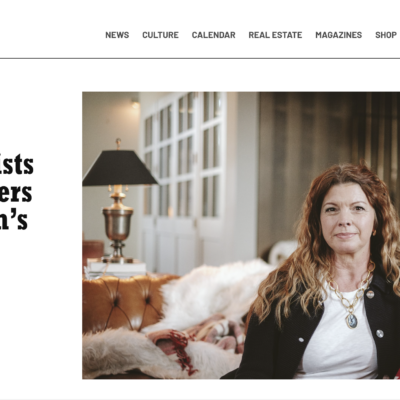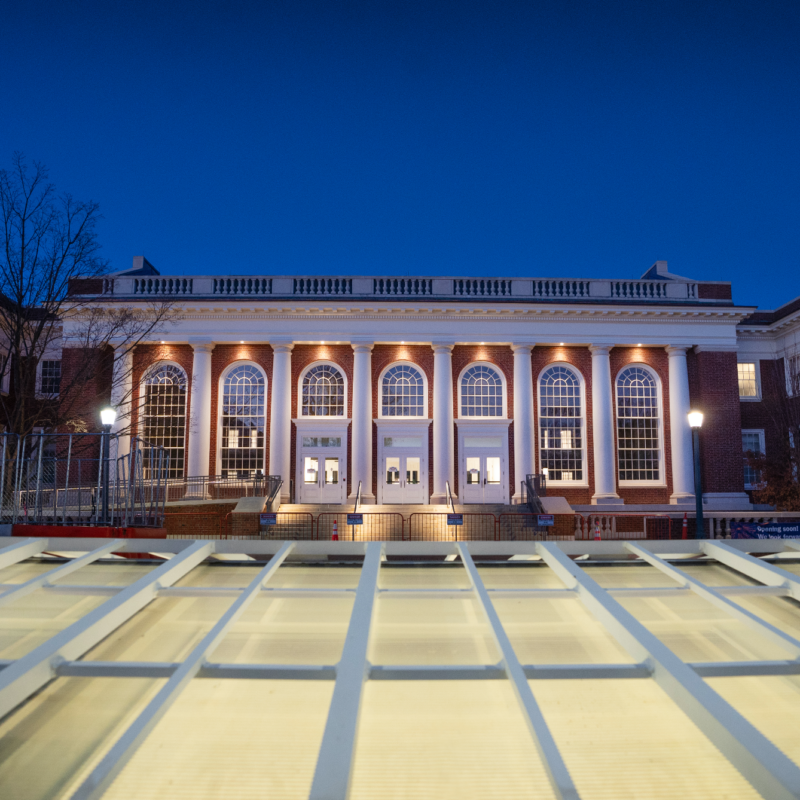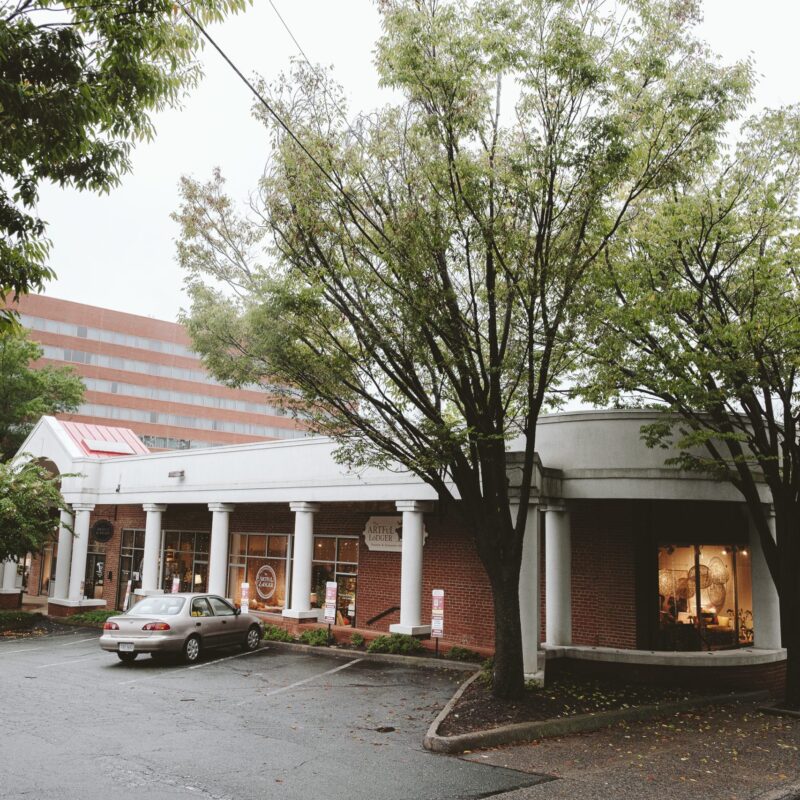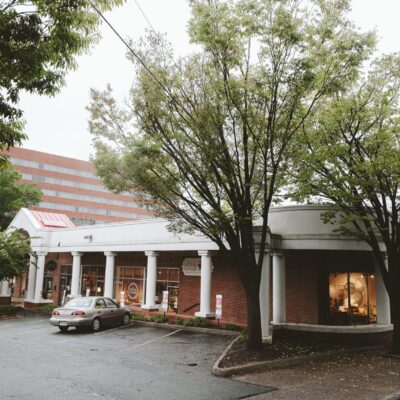Activists seeking to keep Sweet Briar College open had their hopes dashed yesterday when a Bedford County judge denied a motion to kick out the school’s governing board and permanently block a plan to shutter the women’s college.
After a contentious morning in court that saw emotional witness statements, the crowd thinned slightly from around 70 to 50, as some students had to return to their classes. An accountant pronounced the College’s balance sheet as sound and growing, and a turnaround consultant testified how she helped save Birmingham Southern College.”You wanna make sure you try,” said Linda Flaherty-Goldsmith who likened the board’s action to the introduction of New Coke, a widely ridiculed 1980s flavor change.
“Do you make a change without talking to your customers?” she asked.
Soon, however, the case began turning against the women in pink and green. The defense declined to present any evidence but instead opted to go straight into its final argument, that no evidence showed it had strayed from its mission.
That brought a response from William Hurd, the Richmond-based private lawyer assisting Amherst County Attorney Ellen Bowyer in bringing the injunction to block the closure. He invoked George Orwell’s novel 1984.
“War is peace, freedom is slavery,” Hurd said with obvious sarcasm, “and closing is operating.”
Judge James Updike was unconvinced. He ultimately denied the things the plaintiffs most wanted: ouster of the board, appointment of a receiver, and a permanent injunction against closing. Instead, he issued a 60-day injunction barring the College from spending donated funds on closing activities.
“This gives us a little time, but not enough,” said freshman Emily Dodson.
Charlottesville attorney Dave Heilberg, who is not associated with the Sweet Briar case, explained that in the absence of evidence of fraud or bad faith, Virginia law gives non-stock companies great operational leeway—even to the point of ceasing operations.
While both sides verbalized an interest in heeding the judge’s suggestion that they find some common ground, lead plaintiff Ellen Bowyer indicated that she planned to file an expedited appeal to the Virginia Supreme Court.





